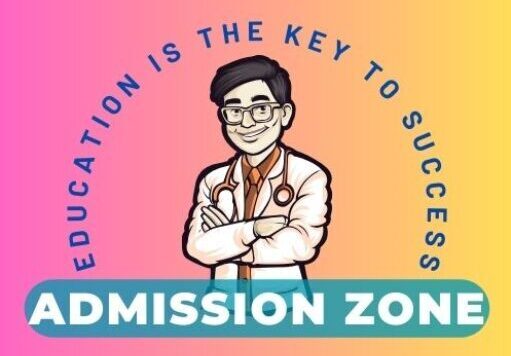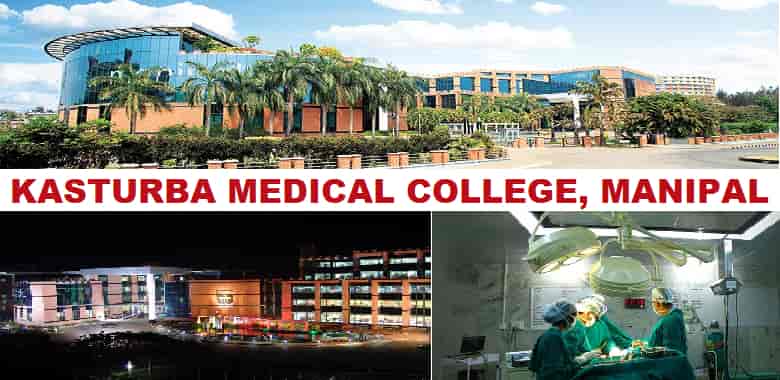DEEMED MEDICAL UNIVERSITIES IN KARNATAKA
Introduction Deemed Medical Universities In Karnataka:
In the realm of medical education, Karnataka has emerged as a hub for aspiring healthcare professionals, boasting several esteemed institutions. Among these, Deemed Medical Universities hold a distinct position, providing students with a unique educational experience. In this comprehensive guide, we will delve into the key aspects of Deemed Medical Universities in Karnataka, shedding light on their significance, programs, infrastructure, and admission procedures.
Table of Contents
ToggleUnderstanding Deemed Medical Universities:
Deemed Medical Universities are autonomous institutions granted the status of “Deemed-to-be-University” by the University Grants Commission (UGC). These universities have the authority to design their curriculum, set admission criteria, and confer degrees. In Karnataka, these Deemed Medical Universities stand out for their commitment to excellence in medical education, research, and healthcare services.
Programs Offered:
One of the primary attractions of Deemed Medical Universities in Karnataka is the diverse range of medical programs they offer. From undergraduate degrees in Medicine and Surgery (MBBS) to postgraduate specializations in various branches of medicine, these universities cater to the diverse career aspirations of students. Additionally, many institutions provide integrated courses, research programs, and opportunities for continuing medical education.
Infrastructure and Facilities:
The infrastructure and facilities at Deemed Medical Universities play a pivotal role in shaping the learning experience for students. State-of-the-art laboratories, well-equipped lecture halls, modern libraries, and advanced research centers are some of the features that set these universities apart. Moreover, affiliations with renowned hospitals and healthcare institutions enable students to gain practical exposure, enhancing their clinical skills.
Admission Procedures:
Navigating the admission process is a crucial step for aspiring medical students. Deemed Medical Universities in Karnataka follow a systematic and transparent admission procedure. While the specific criteria may vary among institutions, commonly considered factors include academic performance, entrance examination scores, and interviews. Understanding the nuances of the admission process is essential for prospective students to secure a spot in these prestigious universities.
Notable Deemed Medical Universities in Karnataka:
Sri Siddhartha Institute of Medical Sciences & Research Centre, Bangalore – Established in 2019, with an intake capacity of 150.
Rajarajeswari Medical College & Hospital, Bangalore – Established in 2005, with an intake capacity of 250.
Yenepoya Medical College, Mangalore – Established in 1999, with an intake capacity of 250.
K S Hegde Medical Academy, Mangalore – Established in 1999, with an intake capacity of 250.
Sri Siddhartha Medical College, Tumkur – Established in 1988, with an intake capacity of 200.
Sri Devaraj URS Medical College, Kolar – Established in 1986, with an intake capacity of 150.
Shri B M Patil Medical College, Hospital & Research Centre, Vijayapura(Bijapur – Established in 1986, with an intake capacity of 200.
JSS Medical College, Mysore – Established in 1984, with an intake capacity of 250.
Jawaharlal Nehru Medical College, Belgaum – Established in 1963, with an intake capacity of 200.
Kasturba Medical College, Mangalore – Established in 1955, with an intake capacity of 250.
Kasturba Medical College, Manipal – Established in 1953, with an intake capacity of 250.
Research and Innovation:
Deemed Medical Universities in Karnataka place a strong emphasis on research and innovation in the field of medicine. Faculty members and students actively engage in cutting-edge research projects, contributing to advancements in healthcare and medical sciences. The universities often collaborate with national and international research organizations, fostering a culture of innovation and academic excellence.
Global Collaborations and Exchanges:
To provide students with a global perspective, many Deemed Medical Universities in Karnataka actively engage in international collaborations and student exchange programs. These partnerships with reputed universities worldwide offer students opportunities for exposure to diverse medical practices, cultural exchange, and collaborative research initiatives. Such global interactions contribute to the holistic development of future healthcare professionals.
Scholarships and Financial Aid:
Recognizing the financial challenges faced by many students, Deemed Medical Universities often offer scholarships and financial aid programs. These initiatives aim to support meritorious students and those with limited financial means to pursue their medical education without undue financial burden. Prospective students are encouraged to explore the various scholarship options available at these institutions.
Alumni Success Stories:
The success stories of alumni serve as a testament to the quality of education provided by Deemed Medical Universities in Karnataka. Many graduates have gone on to make significant contributions to the healthcare sector, both nationally and internationally. Exploring these success stories provides prospective students with insights into the potential career trajectories and opportunities that await them upon graduation.
Conclusion Medical Universities In Karnataka:
In conclusion, Deemed Medical Universities stand as pillars of excellence in medical education, research, and healthcare. This comprehensive guide has aimed to shed light on the key aspects of these institutions, from their diverse programs and state-of-the-art infrastructure to the transparent admission procedures and global collaborations. Aspiring medical students seeking a holistic and enriching educational experience should consider the esteemed Deemed Medical Universities as a pathway to a fulfilling and successful career in the field of medicine.







